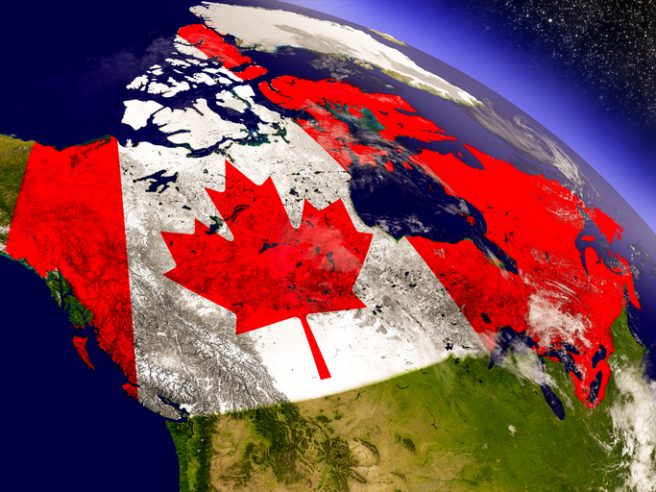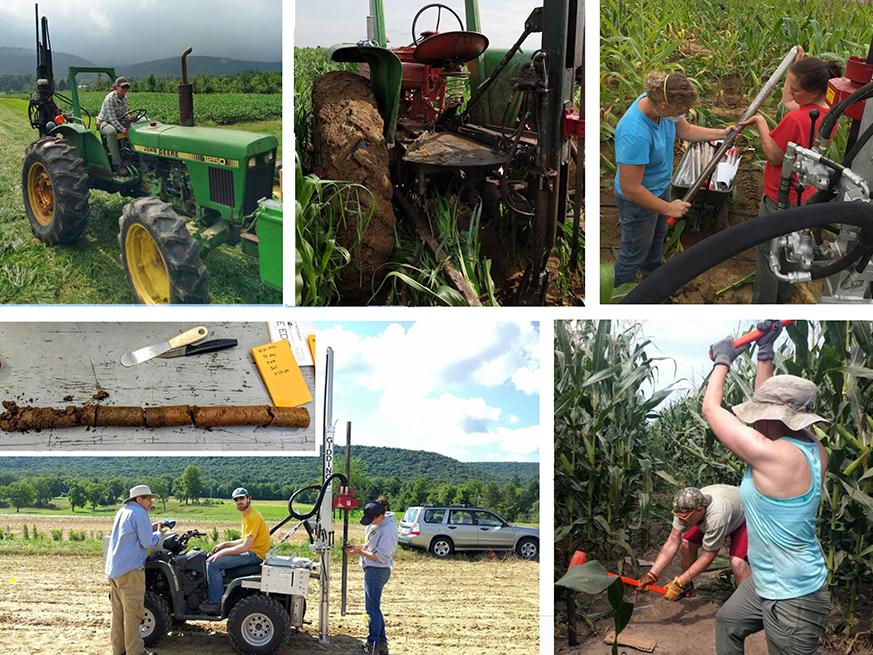
CSTA Regulatory Affairs and Policy Coordinator.
As I’ve noted in this space before, my formal training is in plant cell biology. I got into the trade sphere by looking at phytosanitary and technical regulations. That naturally led me to becoming fascinated by trade and how it impacts our industry — and it’s a big reason I’m excited about a new project CSTA is undertaking.
In a couple of months, we hope to unveil our first-ever market development report. It will look at trade opportunities abroad, specifically in Japan and Eastern Europe. These are possible markets for export growth in Canadian seed. The fact we have a free trade agreement with Japan (the CPTPP) leaves the door open for Canadian seed producers to reap the benefits of this. Other opportunities exist as well.
CSTA recently responded to the Government of Canada’s invitation to provide comments regarding a potential free trade agreement with the Association of South East Asian Nations (ASEAN). ASEAN is a regional bloc comprised of Brunei Darussalam, Cambodia, Indonesia, Lao PDR, Malaysia, Myanmar, Philippines, Singapore, Thailand and Vietnam. It represents a significant economic presence in Southeast Asia and a considerable market for Canadians. Canada exports almost $6 million in seeds for sowing to ASEAN markets and imports $5.5 million.
The overall commercial world seed market is assessed to be approximately CDN$64 billion a year as of 2016, according to the International Seed Federation. This is a global market where Canada has a lot of room to grow and expand our market share. Canada imports almost $6 million in seeds for sowing from ASEAN markets and exports $4.5 million. In the period between 2012/2013 and 2016/2017, trade with ASEAN has more than doubled in both imports and exports.
Canada’s biggest exports by crop type to Vietnam are canola, soy and flax.
CSTA’s mission statement is to foster seed industry innovation and trade and as such we encourage the Government of Canada to continuously seek new trade deals. CSTA members export over cover 50 different crop kinds to more than 80 different countries annually. Trade deals help alleviate tariffs but, more importantly in the seed industry, they help to alleviate non-tariff trade barriers. In 2017/18 Canada exported $646 million worth of seed for sowing.
Seed generally trades with no or very low tariffs, and many countries do not bind or apply any tariffs on seed for sowing. While this is an advantage for our commodity type, the seed industry experiences issues with non-tariff trade barriers such as phytosanitary measures and low-level presence policies. Recently, the International Plant Protection Convention adopted a standard for the international movement of seed (ISPM 38) to tackle these issues globally.
We hope to unveil our market development report at our semi-annual meeting in December and continue to support Canada’s trade diversification strategy. Stay tuned!












